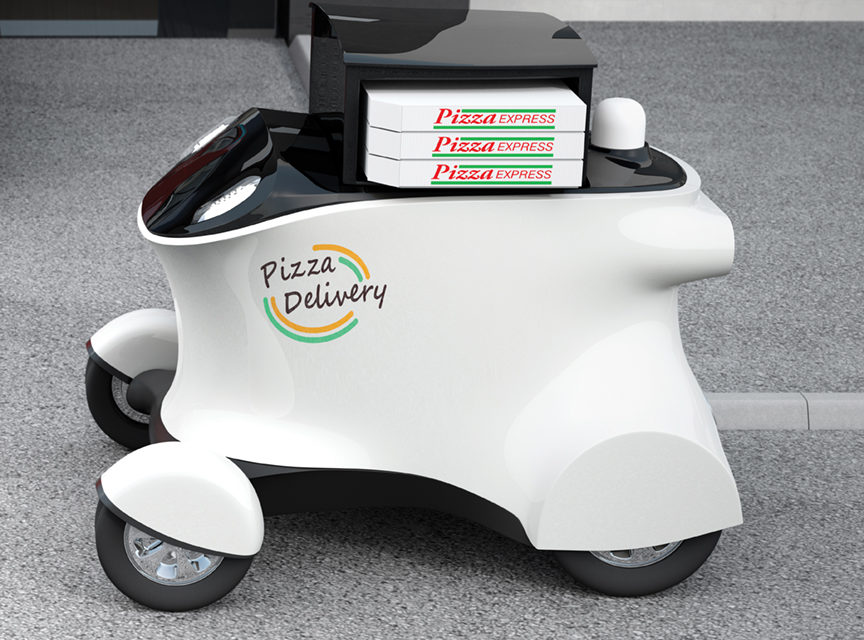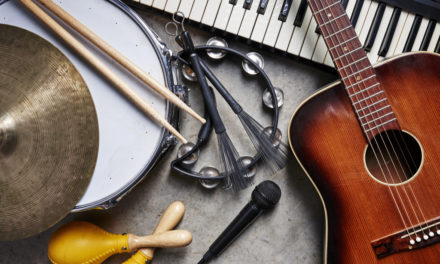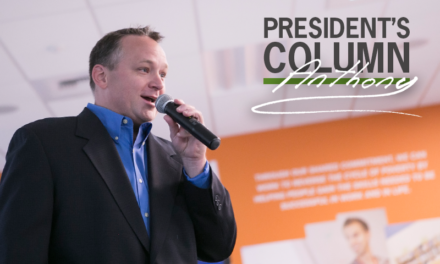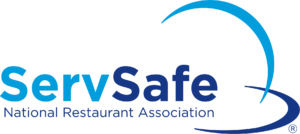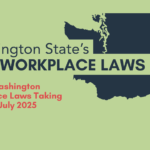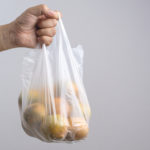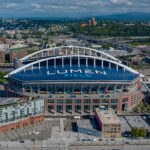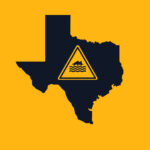By Lex Nepomuceno
The robots are coming! And these are not just any robots, because we all know that robots for manufacturing have been around for quite a while. These robots are delivery robots, and recently Washington became the 8th state to approve personal delivery robots on the streets.
So, how does this affect us? And how does this look for the future of companies and businesses, in particular, those in the hospitality industry?
[expander_maker id=”1″ more=”Read more” less=”Read less”]
Ways delivery robots will positively affect the hospitality industry:
They cut down on labor cost without costing jobs. Imagine being at a hotel and you call down for additional towels. Instead of a person having to bring them up, they can be sent directly to the room via robot. However, this doesn’t mean jobs will be lost. Instead, the employment landscape in the industry will change. For example, in the U.S. automotive industry, 60,000 industrial robots were installed between 2010 and 2015 and yet, during the same period, the industry added a net 230,000 jobs.
For restaurants, it may be just the thing that we are looking for with delivery service. An order is placed, put inside the robot and sent on its way, again, saving on labor costs. Not only will this work toward building a better environment because the robots are electric, but it will also allow for less handling of products and goods, which is great for food safety.
Consistency. The most important benefit from the use of robots is that it will eliminate the variables that can result in wasted time and annoyed customers. With a robot, the delivery will show up in precisely the time promised and that fresh towel will make its way to the guest on time without the hotel maid having to stop and talk to another guest or take care of an urgent issue.
For the devices, there are a few regulations that need to be followed, including;
- They can’t exceed 120 pounds before they’re loaded up with items to deliver.
- Robots can only cross the street at crosswalks.
- All robots must yield to pedestrians and bicycles.
- They must all have effective and working brakes and lights.
- They must be tracked with a unique ID number.
- They must always be monitored and controlled by an operator.
- They are not allowed to travel faster than six miles per hour.
- The robot must be owned by a business that has an insurance policy that covers the liability of at least $100,000.
Robots are the wave of the future They are the key to creating a more efficient world, and for the those in hospitality it will create more satisfied customers.
Note: This article was originally published in the July 2019 issue of Washington Hospitality Magazine.
[/expander_maker]

